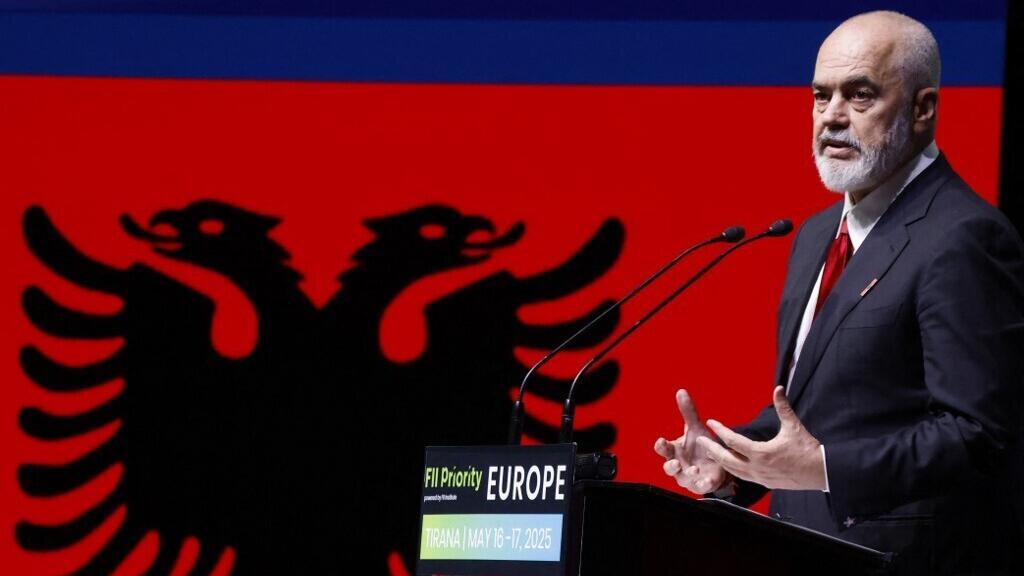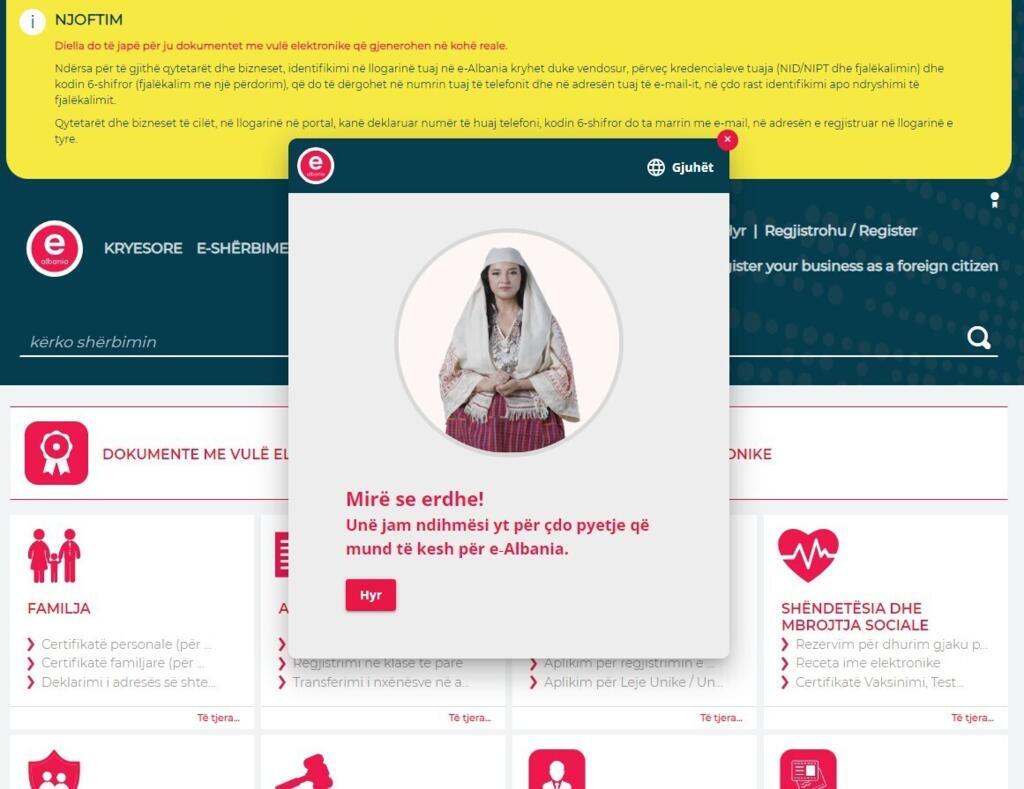
Albania is looking to artificial intelligence to tackle corruption in public finance, as Prime Minister Edi Rama appoints the world's first AI-generated government minister to oversee public tenders.
Presenting his new cabinet on Thursday following a big election victory in May, Rama introduced the new team member, named "Diella" – which means "sun" in Albanian.
"Diella is the first [cabinet] member who is not physically present, but virtually created by artificial intelligence," Rama said at a meeting of his Socialist Party.
Diella will be entrusted with all decisions on public tenders, making them "100-percent corruption-free and every public fund submitted to the tender procedure will be perfectly transparent", he added.
Diella was launched in January as an AI-powered virtual assistant – resembling a woman dressed in traditional Albanian costume – to help people use the official e-Albania platform that provides documents and services.
So far, it has helped issue 36,600 digital documents and provided nearly 1,000 services through the platform, according to official figures.

Albania election a litmus test for EU accession amid deep divides
Albania hopes that fighting corruption, particularly in public administration, will put it in good stead as it prepares its bid to join the European Union.
Rama aspires to lead the Balkan nation of 2.8 million people into the political bloc by 2030.
Fears of meddling, fakes
Other countries, including France, are also turning to artificial intelligence to help with running public services.
A French programme called "Albert" will be used by tax agents, for example, to deal with the approximately 16 million queries they receive each year.
The AI tool will also be programmed to transcribe legal hearings and medical reports, track forest fires and manage HR for civil servants.
Polish radio experiment replaces journalists with AI presenters
However, the advent of artificial intelligence – notably its power to generate convincing text and images – has renewed concerns about disinformation and the potential harm the technology could cause during elections.
The EU called on Facebook, TikTok and other social media giants to crack down on deepfakes and other AI-generated content by using clear labels ahead of the Europe-wide polls held last June.
(with newswires)







